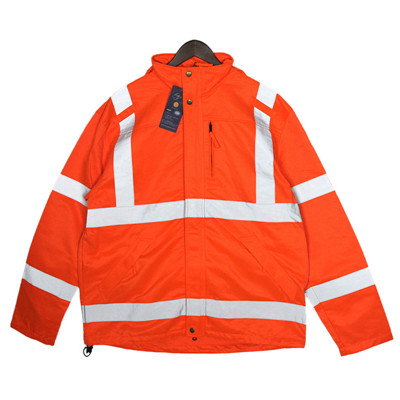Introduction: As sustainability becomes a top priority for businesses, workwear manufacturers are embracing eco-friendly practices to create more environmentally responsible workwear options. In this blog, we’ll explore how sustainable workwear contributes to a green workplace, reduces environmental impact, and promotes a culture of responsibility.
- Eco-Friendly Material Choices: Sustainable workwear is crafted from eco-friendly materials, such as organic cotton, recycled polyester, or bamboo fabrics. We’ll discuss how these materials minimize the ecological footprint and reduce dependence on non-renewable resources.
- Closed-Loop Manufacturing: Workwear manufacturers adopting closed-loop manufacturing processes recycle waste materials to create new products. We’ll explore how closed-loop systems contribute to a circular economy, reducing waste and conserving resources.
- Biodegradable Workwear: Some workwear brands are developing biodegradable options that break down naturally at the end of their lifecycle. We’ll discuss how these biodegradable workwear choices align with environmental responsibility and foster a more sustainable workplace.
- Energy-Efficient Production: Sustainable workwear manufacturers prioritize energy-efficient production methods to reduce greenhouse gas emissions. We’ll explore how energy-saving technologies and renewable energy sources contribute to a greener workwear production process.
- Minimalist Design and Versatility: Workwear with minimalist design and multifunctional features encourages fewer purchases and less waste. We’ll discuss how versatile workwear items that can be worn across different tasks contribute to a more sustainable wardrobe for employees.
- Employee Engagement in Sustainability: Employers can promote sustainability within the workplace by engaging employees in eco-friendly initiatives. We’ll explore how encouraging employees to embrace sustainable workwear options fosters a culture of responsibility and environmental consciousness.
Conclusion: Sustainable workwear options offer a practical way for businesses to nurture a green and responsible workplace. Through eco-friendly material choices, closed-loop manufacturing, biodegradable options, energy-efficient production, minimalist design, and employee engagement in sustainability, companies can significantly reduce their environmental impact and contribute to a more sustainable future.








